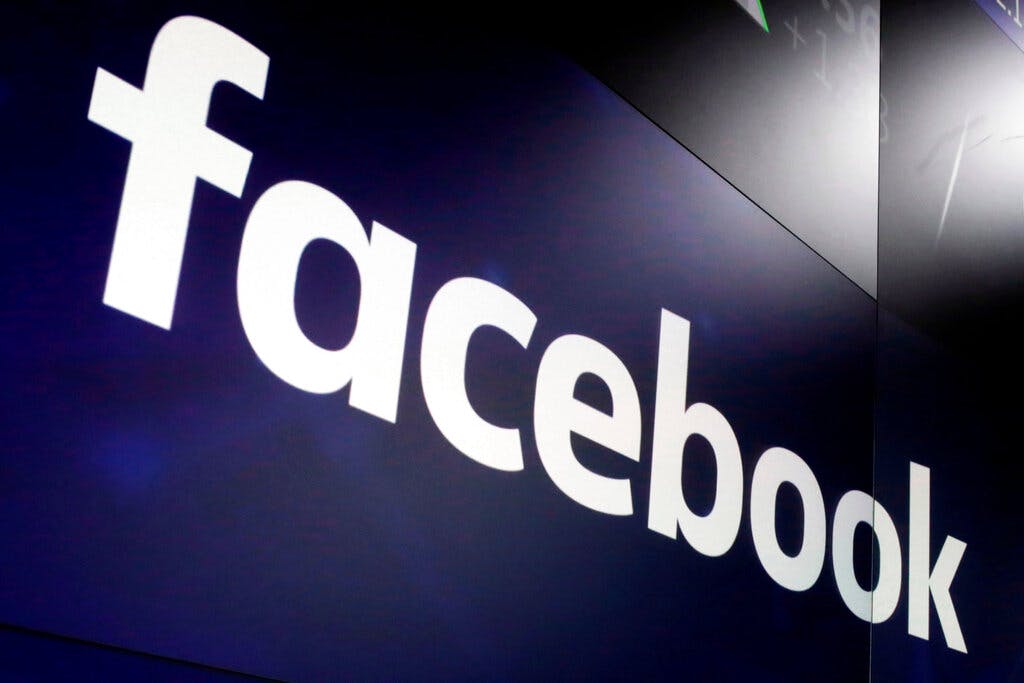The Cocktail Party Contrarian: A First Amendment Victory That Feels Hollow
First, consider that a court had to tell our government that it could not censor speech. This isn’t Canada, or Iran: In our country, the government shouldn’t need a First Amendment reminder, but it did.

The U.S. Court of Appeals for the Fifth Circuit filed a decision on September 8 in the case of Missouri v. Biden upholding a modified injunction against the White House, the surgeon general, the FBI, and the CDC that prohibits them from coercing or significantly encouraging social media companies to censor free speech. The ruling is a First Amendment victory. So, why doesn’t it feel that way?
First, consider that a court had to tell our government that it could not censor speech. This isn’t Canada, or Iran: In our country, the government shouldn’t need a First Amendment reminder, but it did.
Officials who threatened Facebook, Twitter, and Google with consequences if they failed to comply with censorial orders knew their issuances were unconstitutional. They did it anyway. It took a federal ruling, a subsequent stay of injunction, and the Fifth Circuit court’s response to that injunction to stop them — and they aren’t stopping.
The Fifth Circuit’s ruling is on hold pending appeal, but the Biden administration intends to fight on for the right to abrogate the people’s rights at the Supreme Court. This isn’t just censorship, but the zealous pursuit of political control that only the shamelessly power-hungry could pursue with such vigor. That any American government would do this is a loss for us all.
Second, it is easy to “institutionalize” the scandal and make it about “the system.” But pointing to “the White House,” “the FBI,” “the CDC,” and “the Surgeon General’s Office” as culprits obscures an important point: People run these institutions — people with names like Dori, Aisha, and Timothy. They made human choices every day to lie, suppress, threaten, and censor in the name of partisan interest.
There are 21 named “defendants” in the ruling, not counting unnamed “directors, administrators and employees,” which is to say that dozens more participated. Among them there was not one man or woman of integrity willing to say “no.” There is absolutely nothing to celebrate about the fact that this many Americans work for our country and simultaneously despise its people and its principles.
Third, it is hard to imagine that this ruling will stop the censorship any more than the Students for Fair Admissions, Inc. v. President and Fellows of Harvard College will stop universities from admitting students based on race. There are always workarounds, and this ruling does not address them.
One is that social media companies are already acutely aware of what the Biden administration expects of them. The government is still free to “ask” social media companies to look at concerning posts. Surely, embedded in every ask is the memory of a prior demand.
Lastly, the question remains whether the administration even needs to ask for compliance from companies that seemed eager to comply in the first place. Perhaps Facebook, Google, and Twitter weren’t victims at all. Perhaps they enjoyed the cover of being “compelled” by the government to do exactly what they already wanted to do.
One of the case’s most prominent plaintiffs, Jay Battacharya, published his enthusiastic response to the ruling in the Free Press on September 11, declaring the ruling to be, “not just a victory for my fellow scientists and me, but for every single American.” Curiously, we haven’t heard similar celebratory remarks from the aggrieved Jack Dorsey, Sundar Pinchai, or Mark Zuckerberg. Nor have we seen any of them file their own lawsuits against the state. If “government coercion” was a convenient excuse, this ruling removed it. Maybe they aren’t celebrating.
This ruling reminds us that all that stands between a free society and an Orwellian dystopia is the law. Yet is the law enough?
In the lead-up to an election year, will this ruling curtail the Biden administration’s strategy for controlling public discourse, or just cause it to reshuffle its tactics? Almost all the same incentives and disincentives to censor speech are in place, as are most of the individuals who participated in this scandal. They have paid no price for their actions.
The First Amendment won in Missouri v. Biden, but it is difficult to tell if the American people have as well.

